Maserati opens the doors to its Innovation Lab


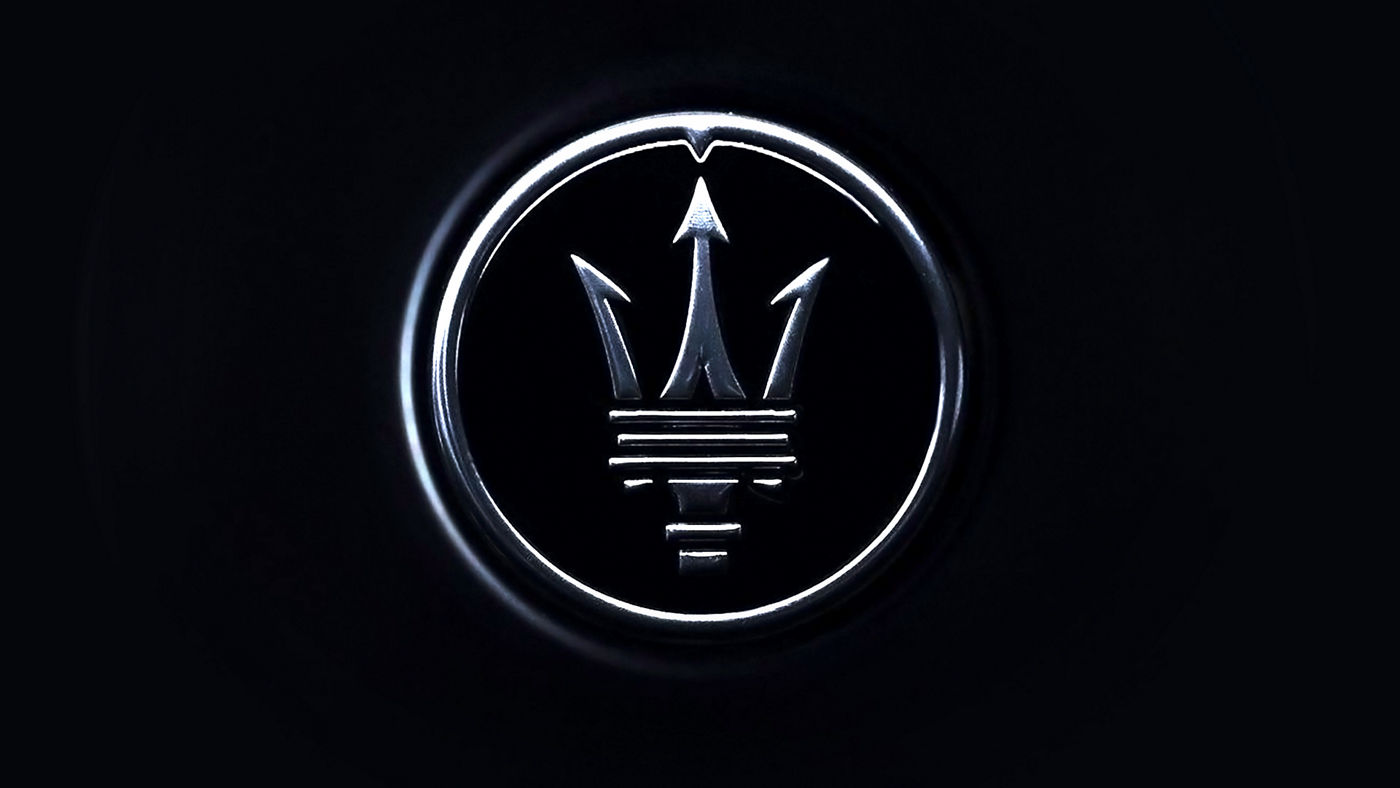
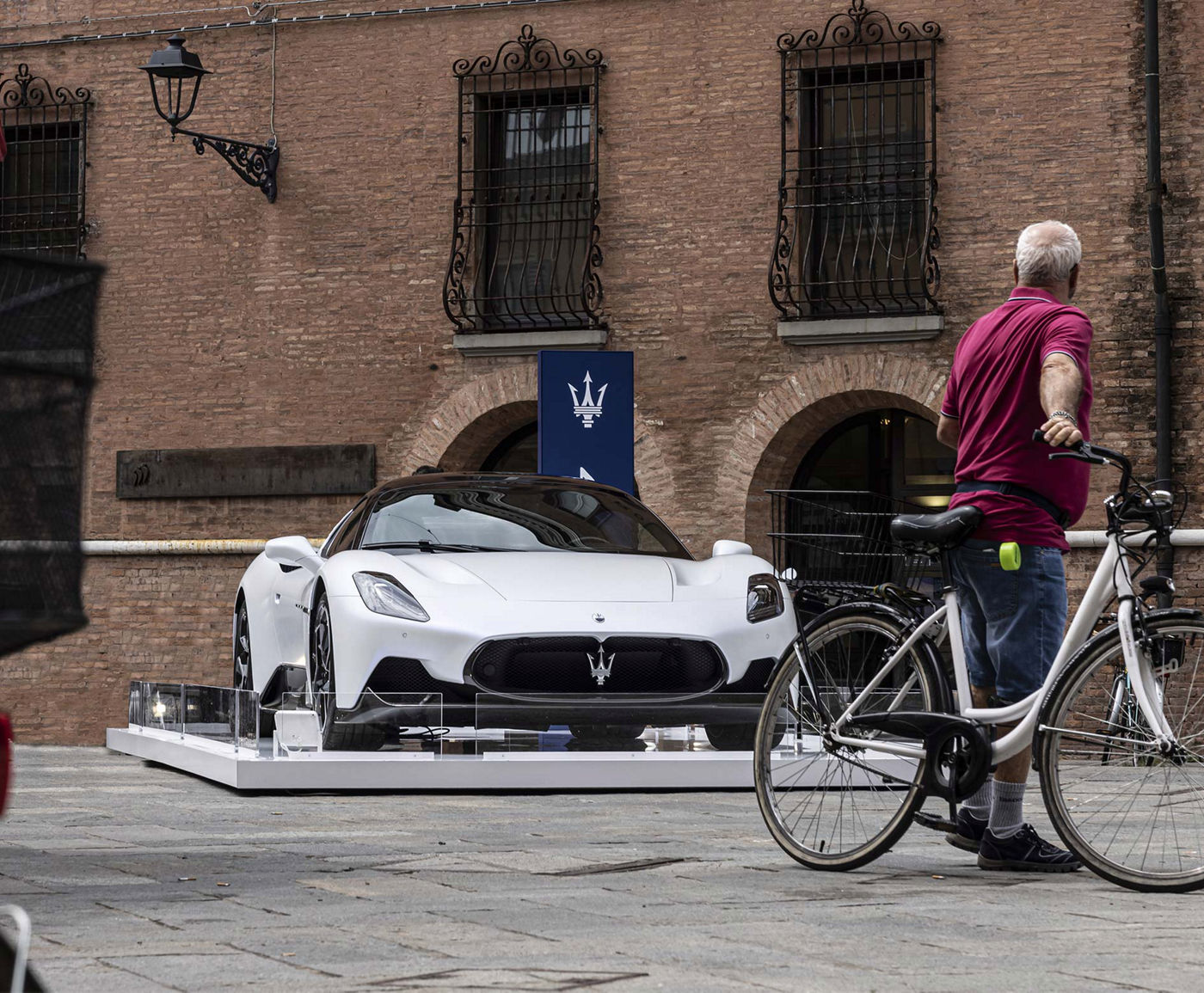
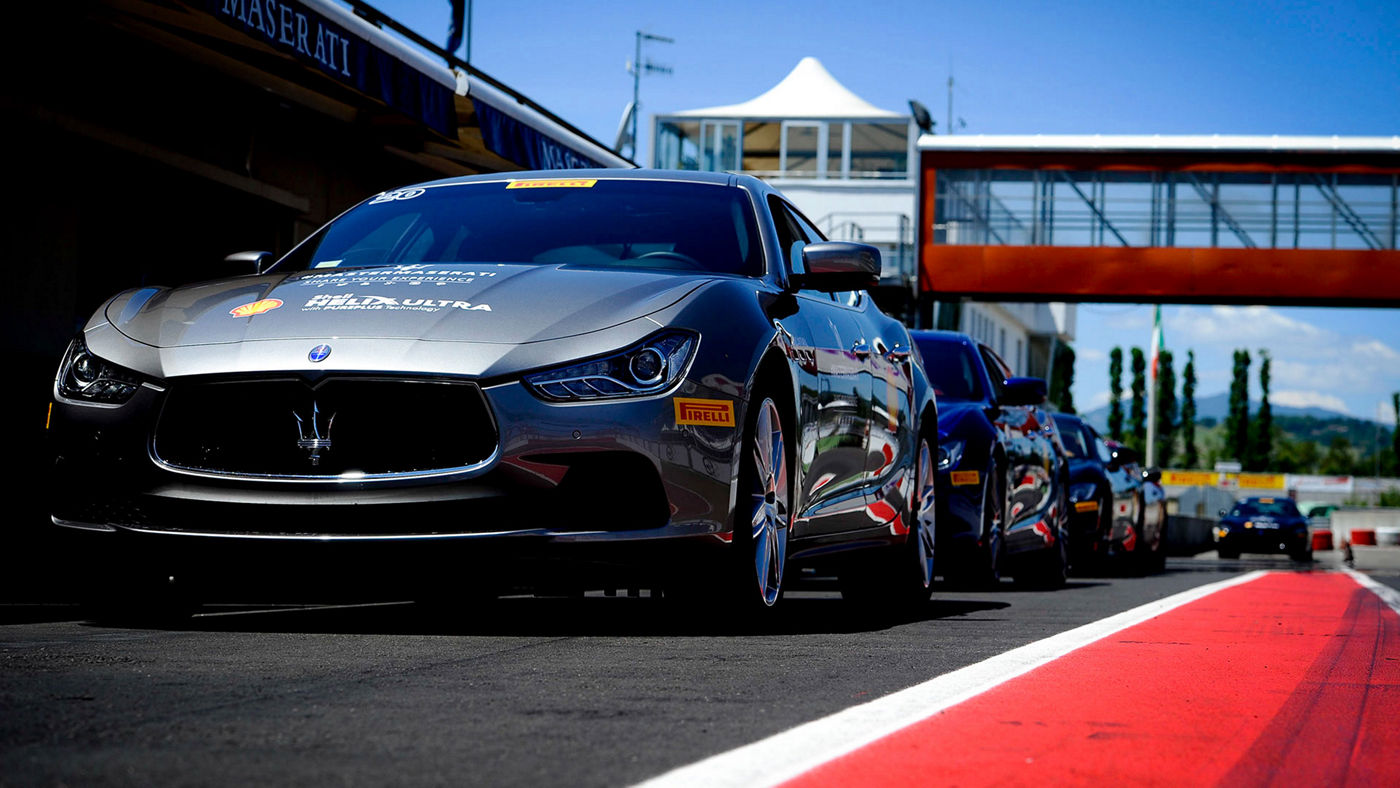


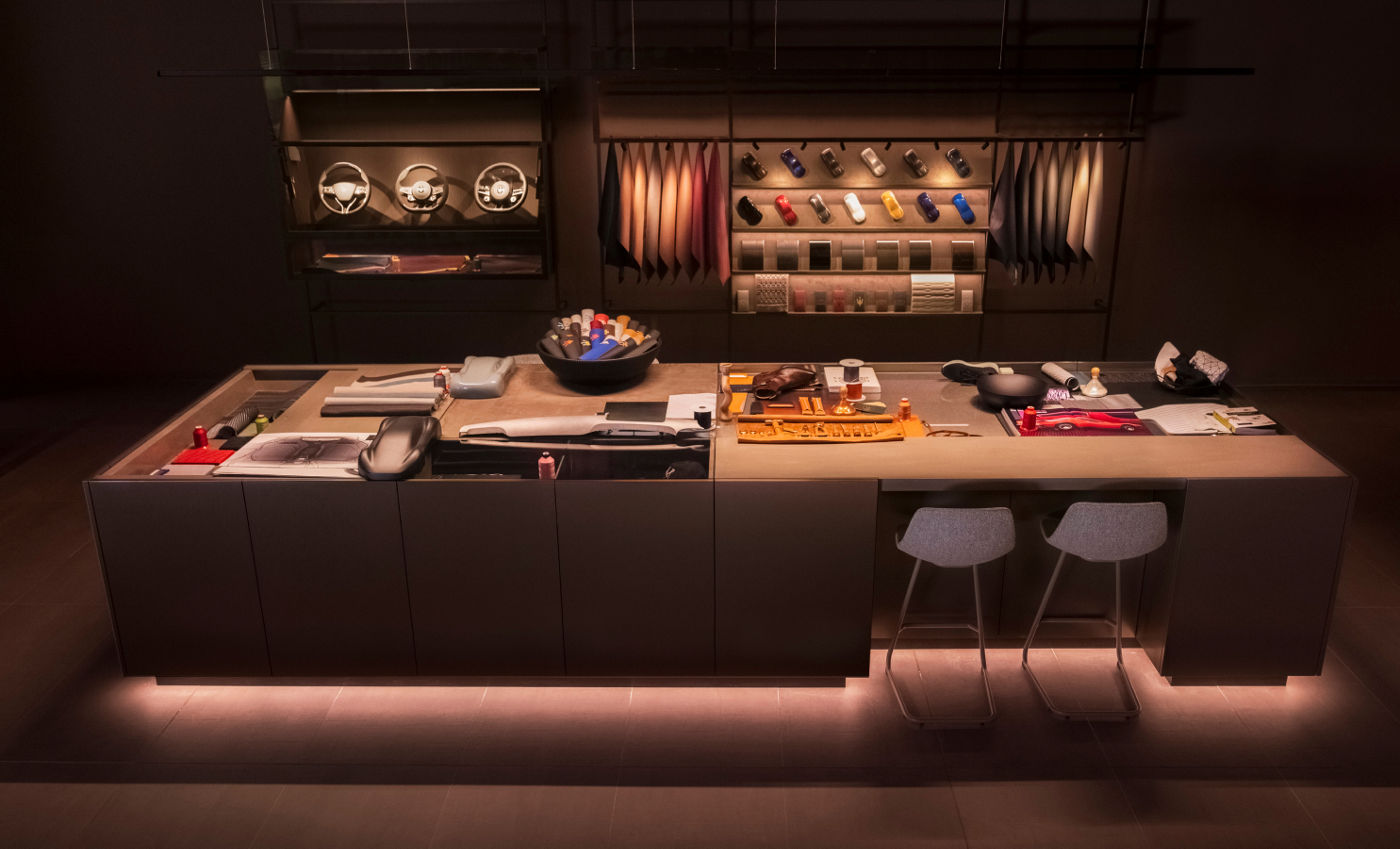


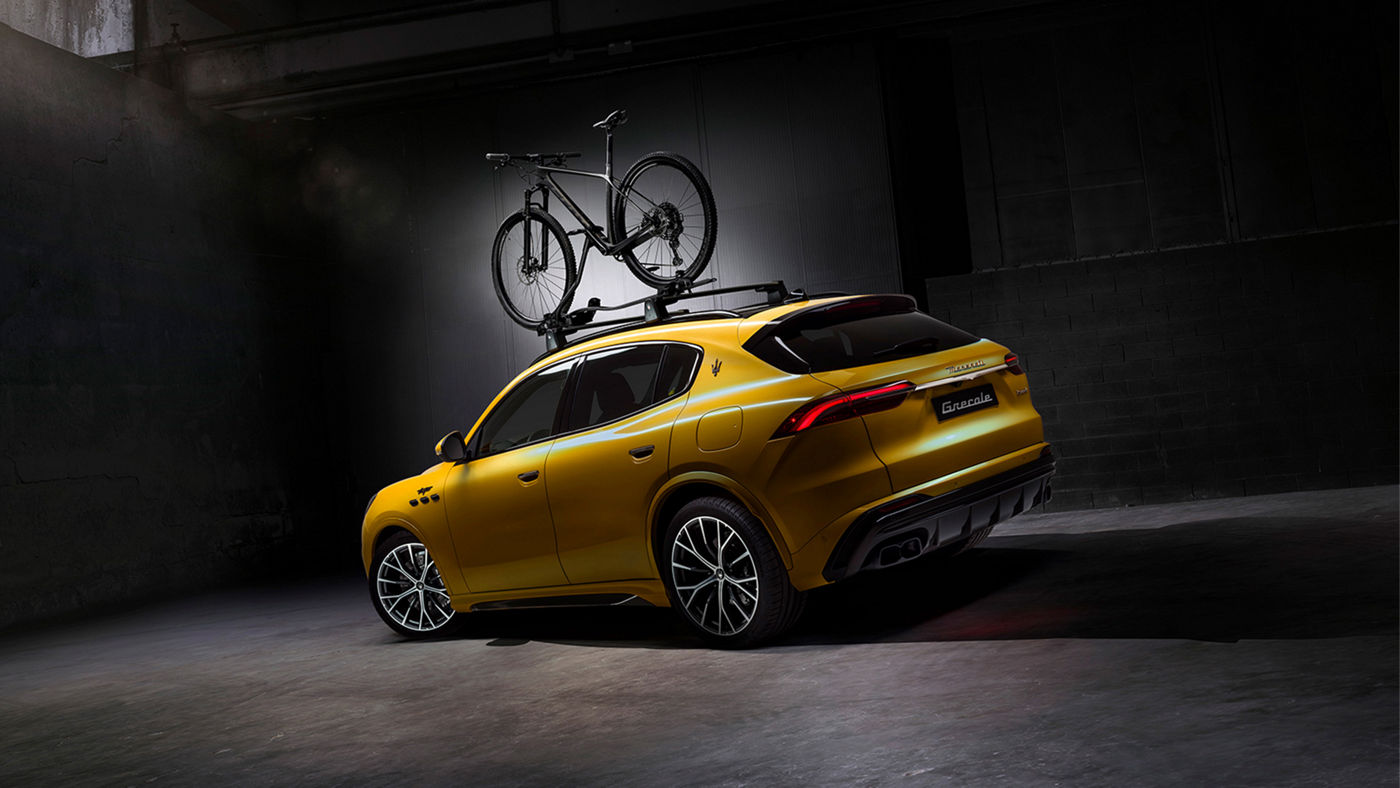



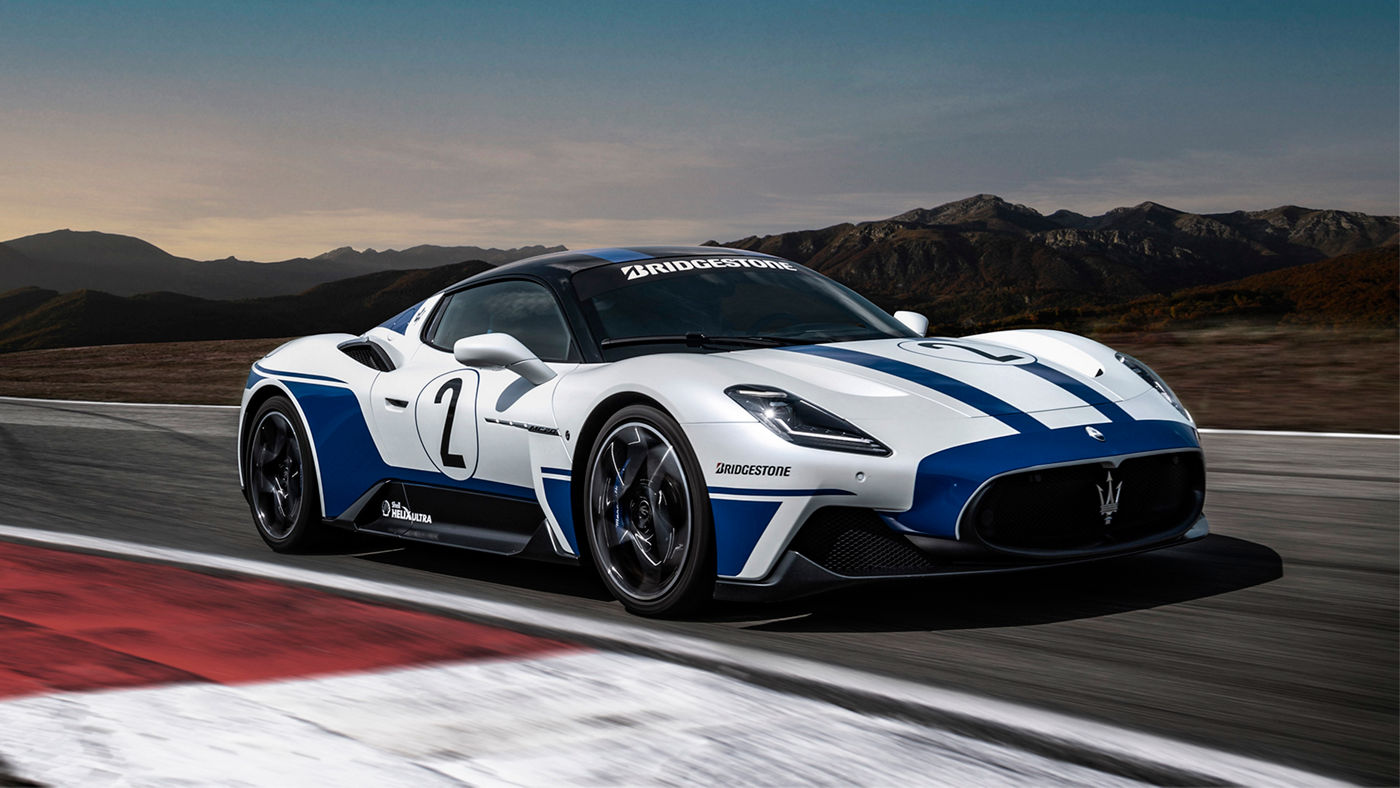
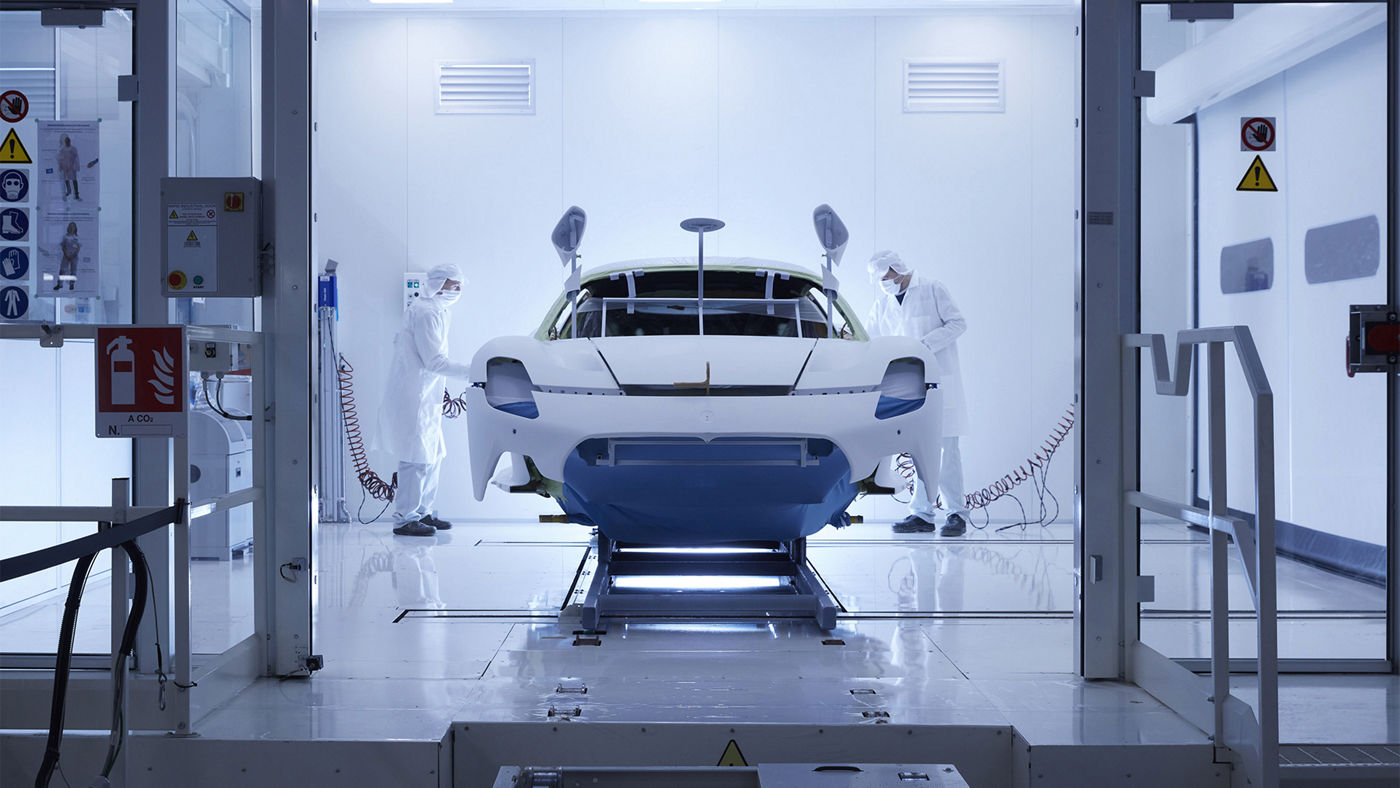

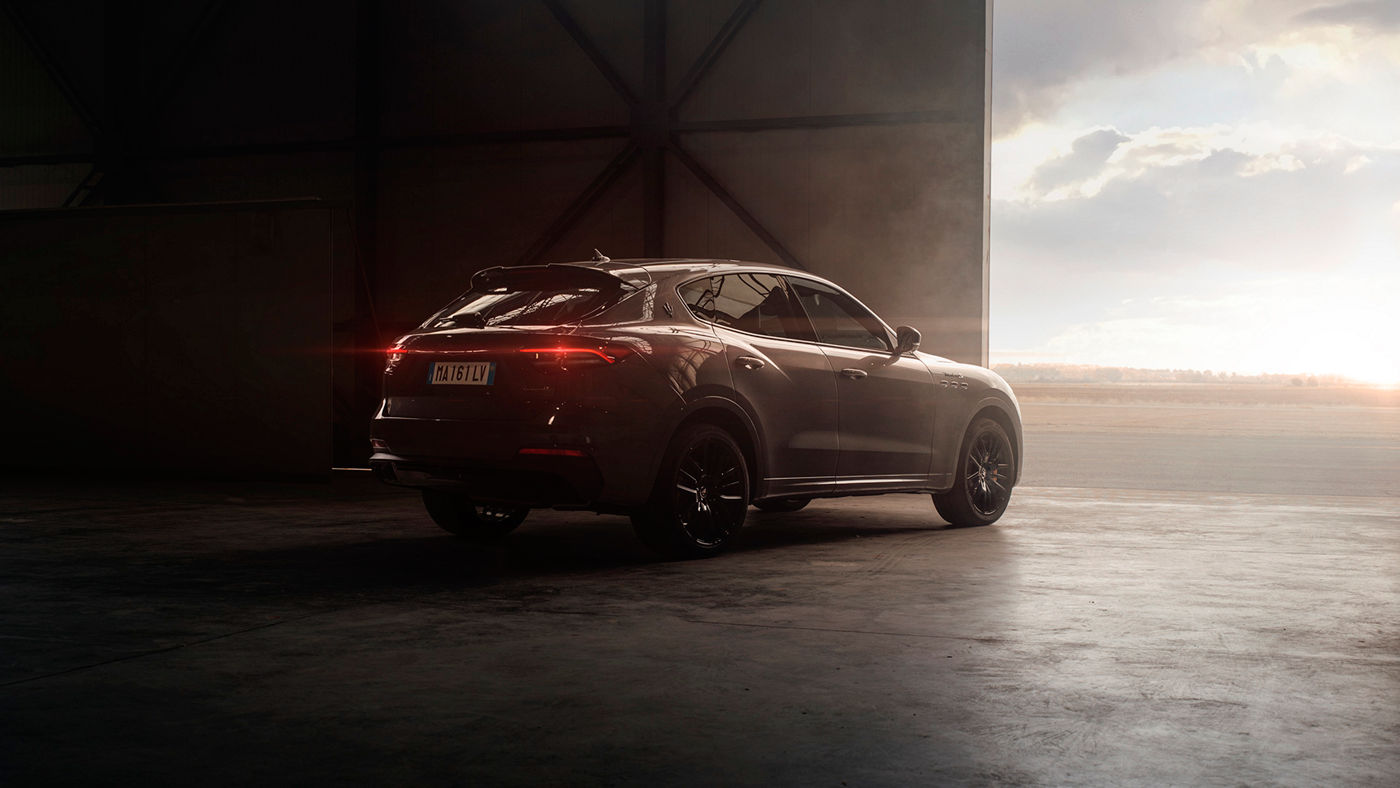
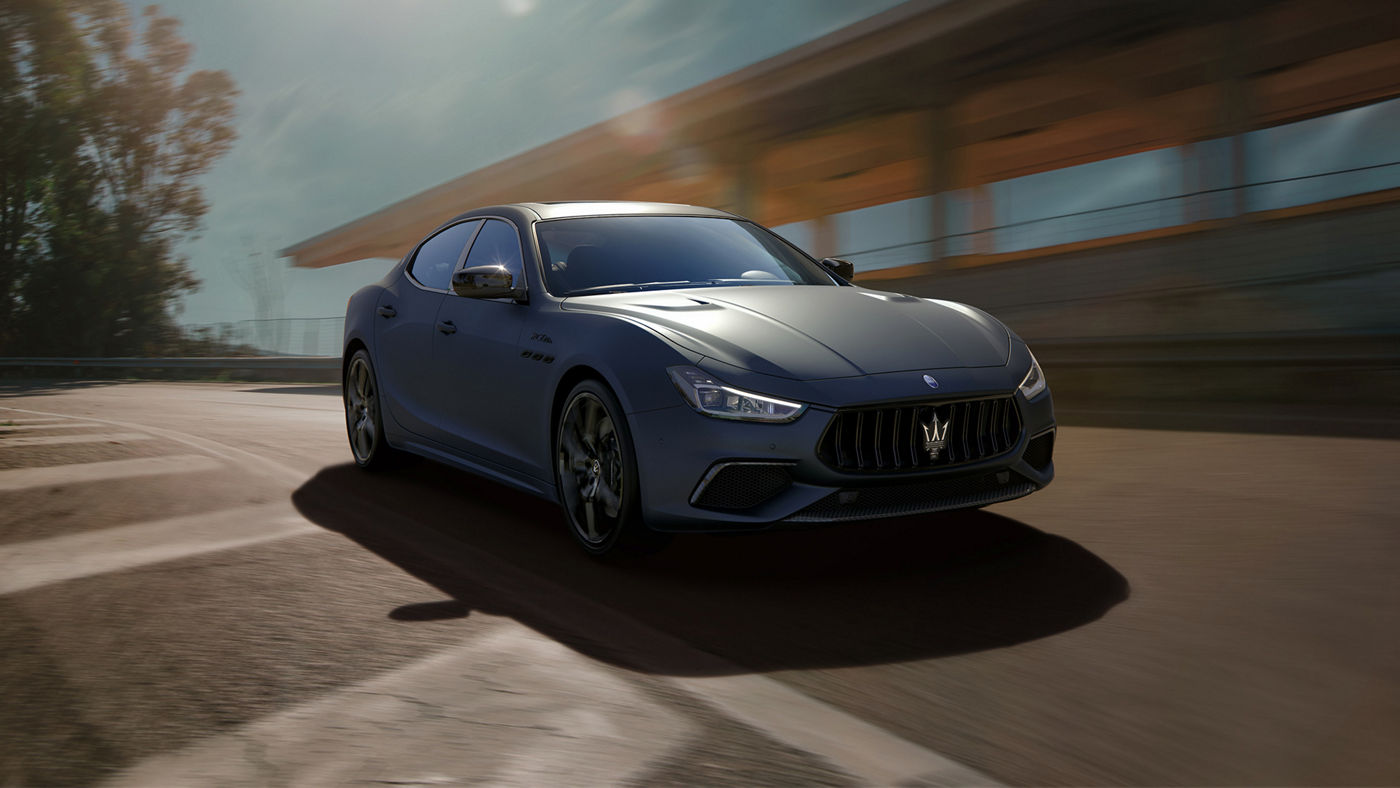
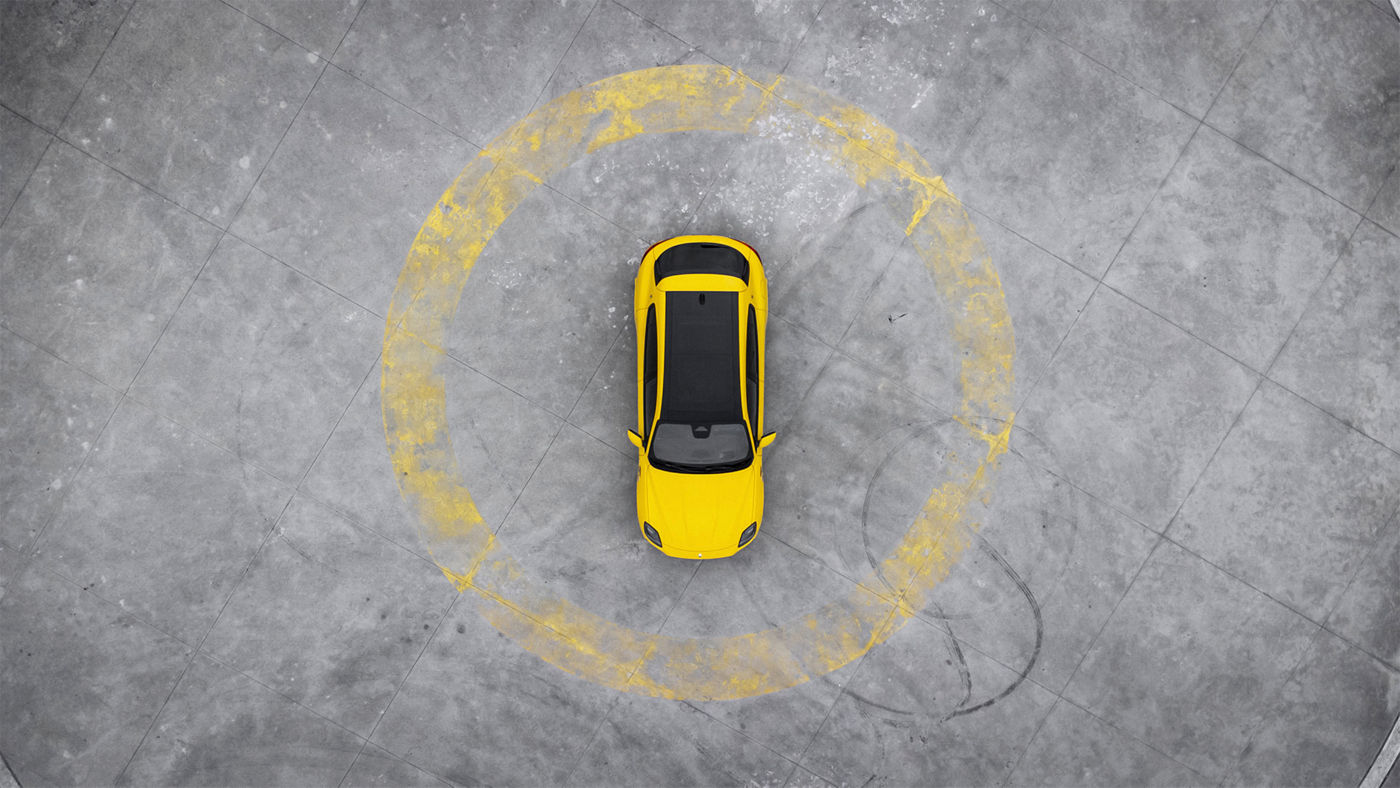
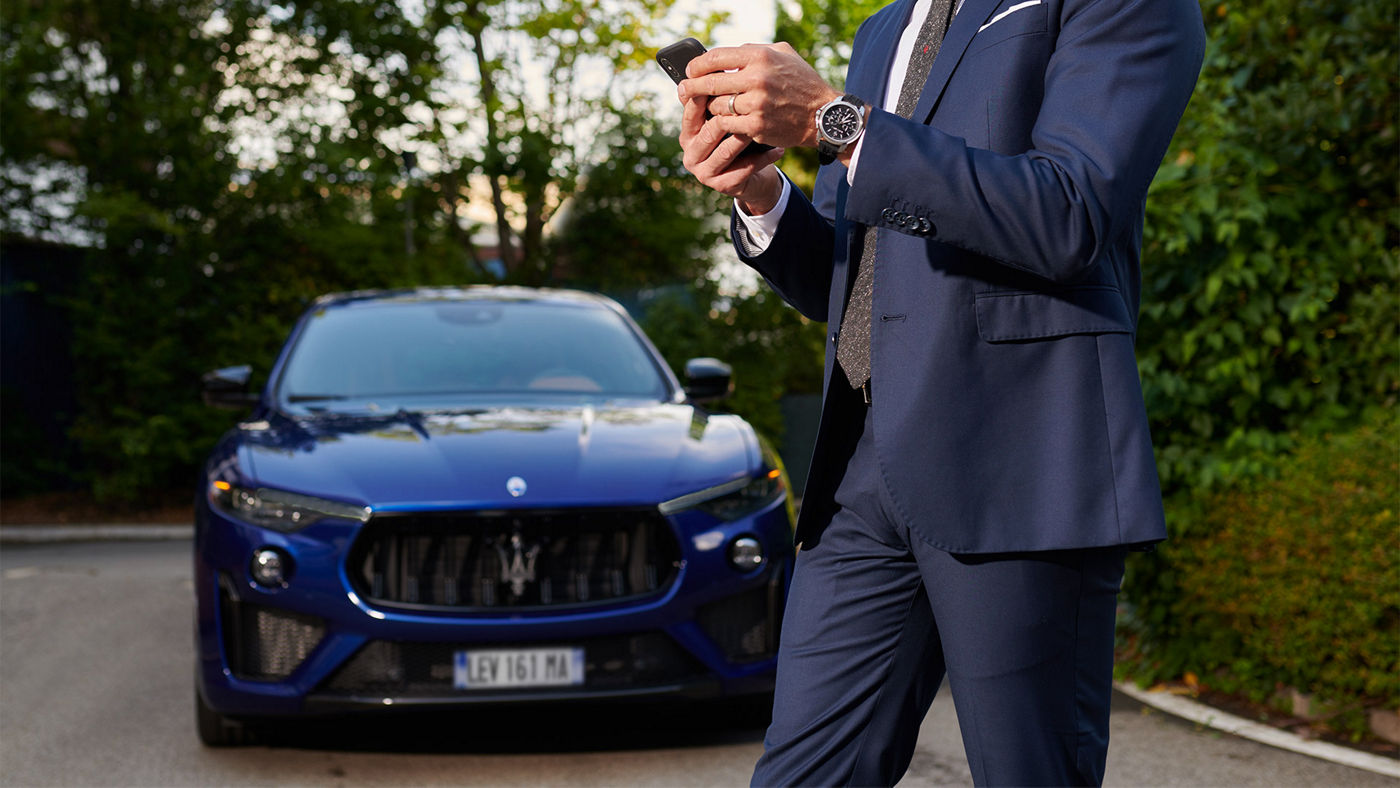
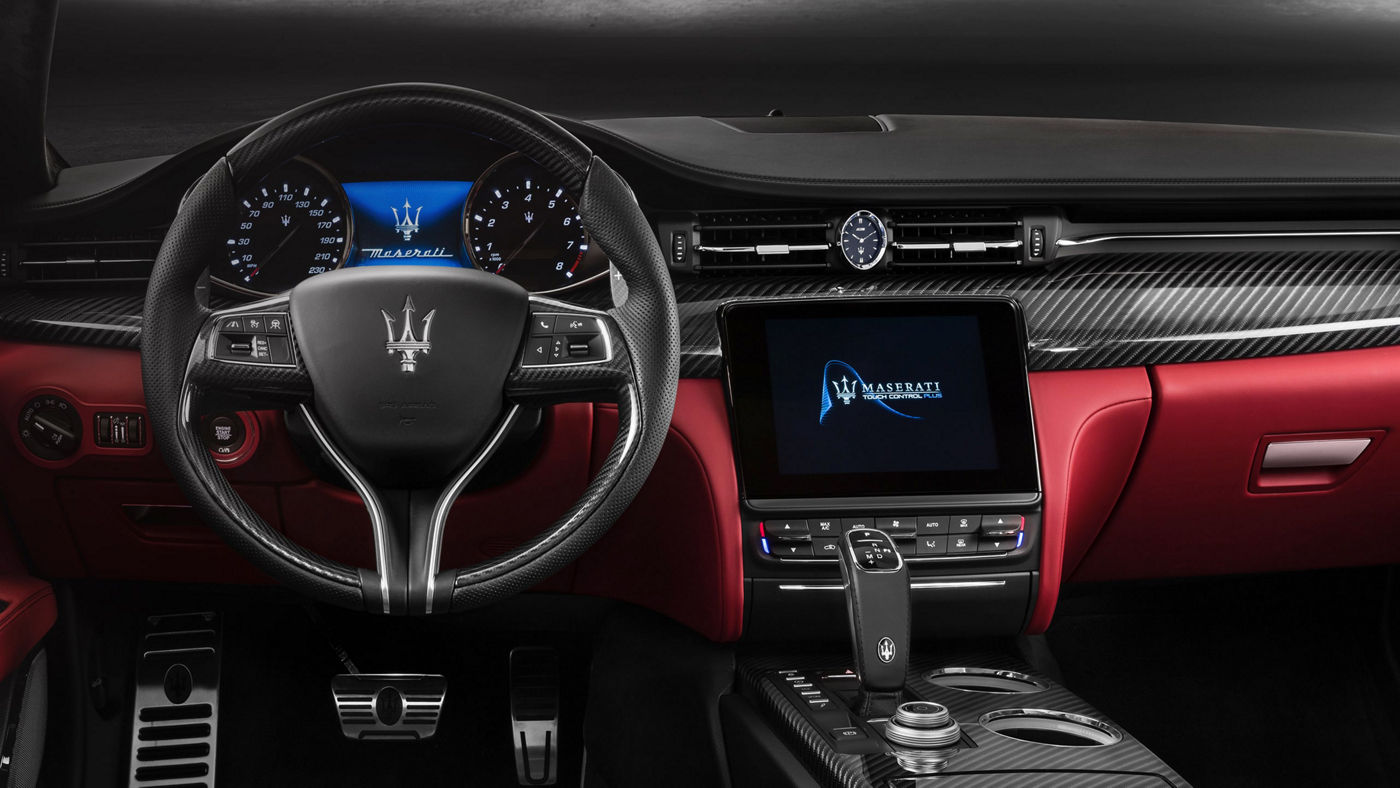

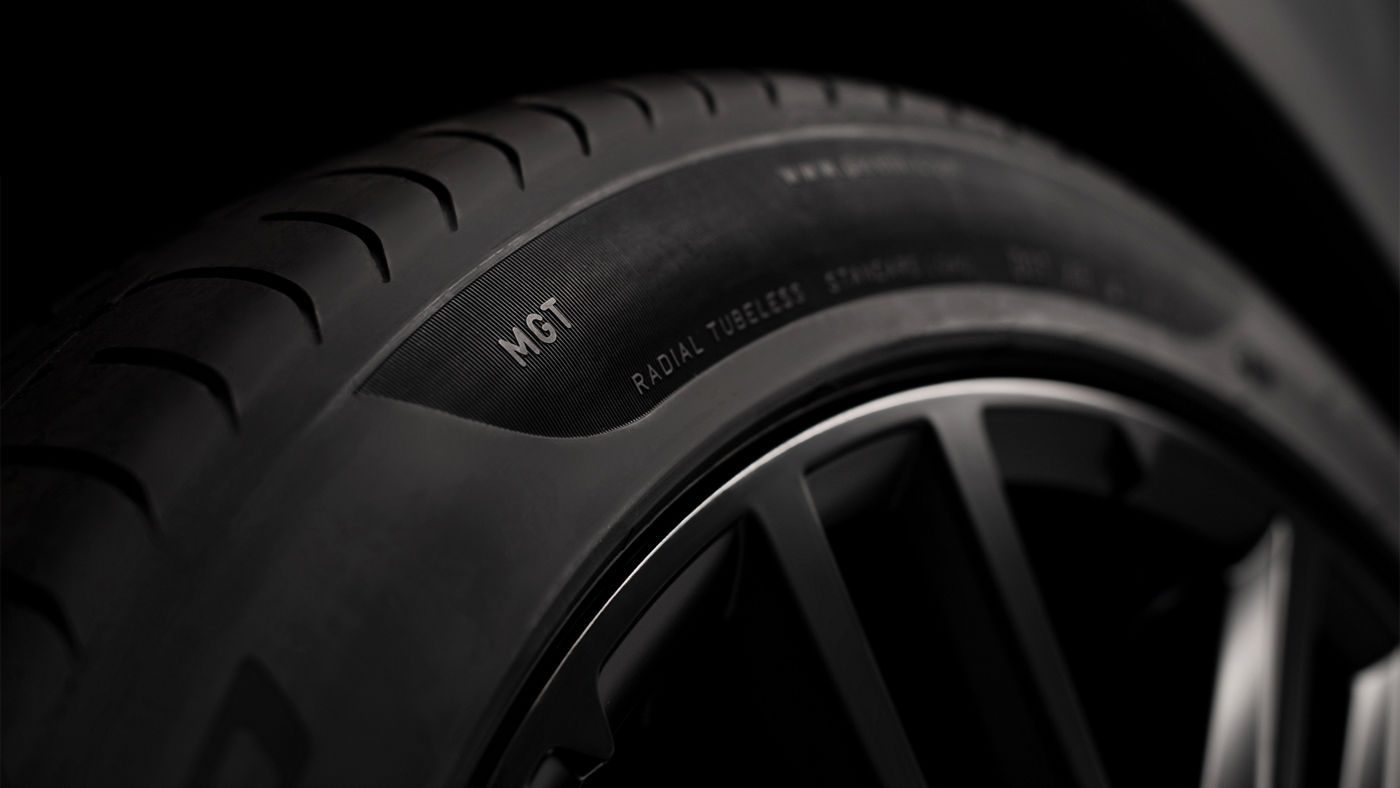
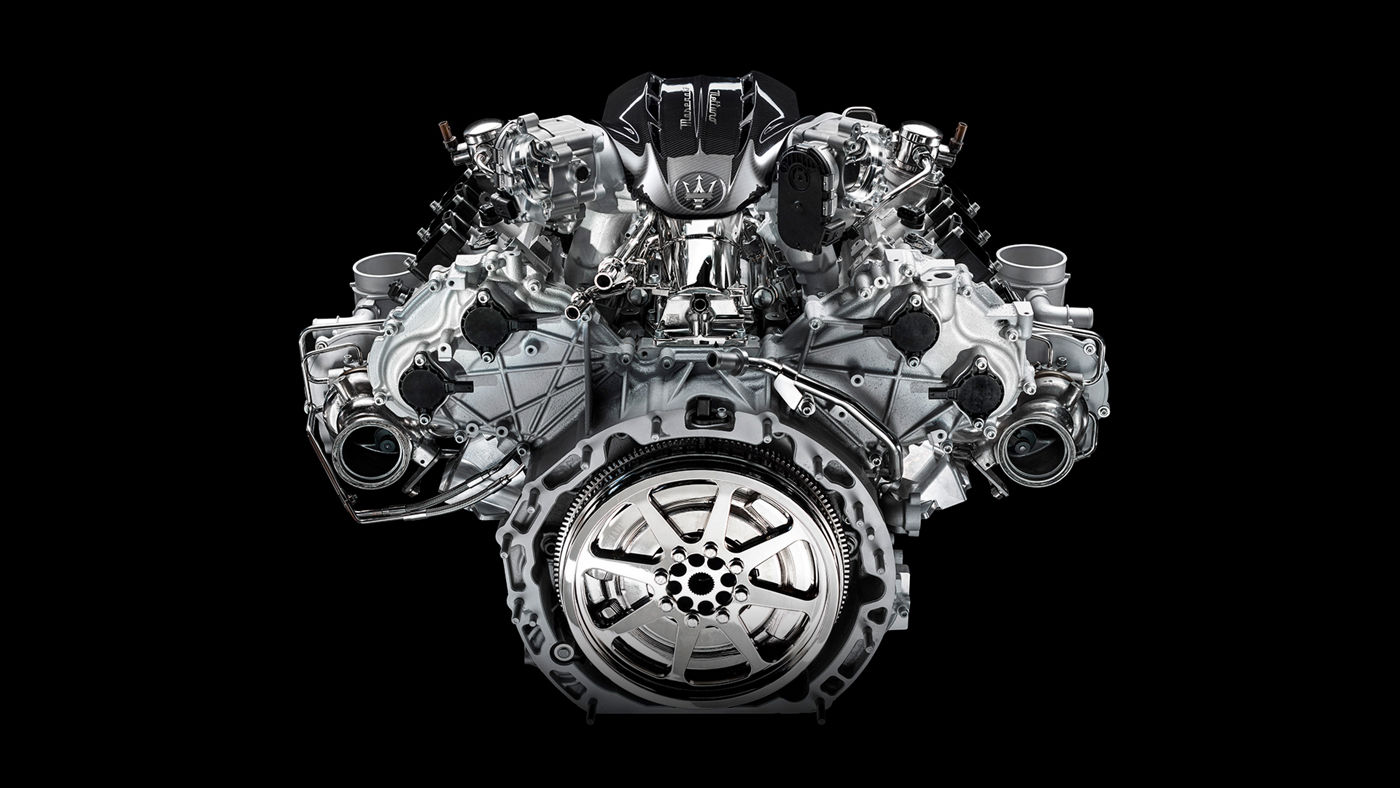

Modena, 12 November 2019 – In a surprise move, Maserati is opening the doors to an exclusive and usually off-limits location: the Maserati Innovation Lab.
The Brand’s engineering hub, inaugurated in September 2015 and located on via Emilia Ovest in Modena, is for the first time sharing with the outside world its fundamental role as the Brand’s beating pulse, driving research technology, development and planning.
The Maserati Innovation Lab is a state-of-the-art facility where the cars of today and tomorrow are developed. Here, the digital processes support the product development, applying the exclusive Maserati formula which, by means of an integrated approach, prioritizes the human factor right from the initial phases. Concern with customer needs has been scrupulously incorporated into the virtual simulation process thanks to an exclusive mix of hardware and software.
The digital processes supporting product development take place in three major areas: the Static Simulator, the latest generation Dynamic Simulator featuring DiM (Driver-in-Motion) technology and the “User eXperience” development labs.
The Product Development hub (or Technical Department) employs more than 1,500 technicians (divided into the Modena offices in Via Emilia Ovest, in Viale Ciro Menotti, via delle Nazioni, in the headquarters of Grugliasco and Balocco). At its headquarters in Via Emilia Ovest covers a total area of 33,744 square meters (of which 14,000 square meters are covered and 19,744 square meters uncovered). More than 1,100 people carry out their activities, the majority of which are engineers, representing 17 different countries. The environment is comprised of a very young and dynamic workforce of an average age of around 37 years. Almost half of the employees are under 35 and 20% are under 30. The organization has grown considerably in recent years, attracting top graduates from the best Italian universities, including those that collaborate with Maserati.
The Static Simulator is the starting point for every experience in the Maserati realm of simulation.
The system is composed of a cockpit, three projectors and high computational power. It is a simple system that helps engineers, from the very initial phase of the development process, obtain immediate feedback from the driver, and makes a major contribution to new model validation.
In particular Maserati engineering ensures a driver-centred strategy even during virtual development, by creating a link between the Hardware In the Loop (HiL) methodology and the simulator. Using this approach, real subsystems such as steering and braking, ABS and ESC can be added in, to create tests that connect physical and simulated components to provide a test-bed for developing all the characteristics of a new vehicle. Last but not least, driver assist systems can be developed, trialled and validated in a safe environment by reproducing the complex scenarios which may arise anywhere in the world.
The Dynamic Simulator featuring latest generation DiM (Driver-in-Motion) technology, the most modern and advanced exemplar found in Europe, supports the Maserati engineers in the development of all the new models. The Dynamic Simulator incorporates state-of-the-art technology and enables full exploitation of systems' integration thanks to the evolution of proprietary control strategies, cutting development times and costs. It also helps to reduce the number of prototypes and ensures that the Virtual Sign-Off is very close to the final product.
With various directions of movement, this tool generates an effective driving experience, emulating in a virtual environment the driving dynamics of a car in the real world on a wide variety of road surfaces or contexts, including the world's top international racing circuits. The simulator makes it possible to test cars on various racetracks on the same day. Modifications to the vehicle can be made with a few simple clicks and this greatly simplifies the analysis of the data gathered.
The majority of simulators utilize six actuators in order to offer six “degrees of freedom”. The innovative dynamic simulator used at the Innovation Lab takes full advantage of nine actuators, thanks to which it can utilize 3 degrees of freedom with the lower platform and 6 with the upper one. In this way it can offer in total 9 degrees of freedom to accurately reproduce the driving characteristics of a car. All of this enables the engineers to precisely analyse the dynamics of the car, in addition to driving performance and comfort, all on the same moving platform. Another particularly interesting characteristic is a very thin cushion of air which makes the entire platform float over the pavement, enabling dynamic, silent and continuous movement thanks to the electric actuators.
The Dynamic Simulator featuring latest generation DiM (Driver-in-Motion) technology offers tried and tested technology that makes it possible to achieve a 50% reduction in time-to-market for new cars, to carry out 90% of all development on the simulator and to reduce by 40% the use of physical prototypes.
Using the simulator makes it possible to study and emulate the electrified vehicles included in Maserati's future plans even before physical tests become possible. Thus, the new opportunities offered by this different propulsion method can be analysed and explored in ways that keep the Maserati DNA absolutely intact. Weight distribution and the location of the centre of gravity have been effectively optimised thanks to the scope for testing hundreds of different configurations. A centralised logic that guarantees all the car's active contents and its electric traction has been developed, maximising dynamic performances since the entire car provides an integrated reaction to all inputs from the driver. Particular care has been focused on exploiting electric motors' vast potential in terms of power and rapid response.
The “User eXperience” development labs are fundamental in the design of the human-machine interfaces, one of the major challenges of the latest Maserati development projects.
The rapid evolution of connectivity and the use of driver assist systems, combined with electrification, generate a vast number of scenarios for multisensorial interaction with the vehicle, which are often completely new and require state-of-the-art tools for managing their extreme complexity, to take full advantage of all the opportunities and deliver a unique user experience, with competitive development times and costs.
The Maserati driver simulator hub includes a lab dedicated to vehicle ergonomics, enabling accurate reproduction of driving posture, visibility and interactions with the on-board controls and displays, and where the vehicle under development can be driven in any scenario with the utmost realism.
The integrated design of the user experience is aided by the effective, coherent visual, acoustic or haptic alerts in highly automated driving mode, from the level of distraction generated by the most frequent operations to the accessible layout of the controls, and full information in the different driving modes.
The ergonomics lab is completed by a set of sophisticated, specialised instrumentation to analyse the various issues that contribute to the user experience. Two examples: the skylight simulator, designed to reproduce lighting conditions at all times of day, at any point in the year and at any latitude. Here there is an in-depth focus on reflection problems, to avoid disturbance at the wheel while still providing solutions with attractive shapes, materials, finishes and colours.
The psycho-acoustics lab where the soundtrack of future Maseratis is developed: the acoustics of the controls, the audio alerts, the driver assist systems and.... much more!
The "User eXperience” development labs support the integrated development of ergonomics, the human-machine interface and the vehicle's perceived quality for genuine "user-centred design" dedicated to delivering the distinctive Maserati user experience.
International
Africa
Europe
America
Asia
Middle-east
Oceania